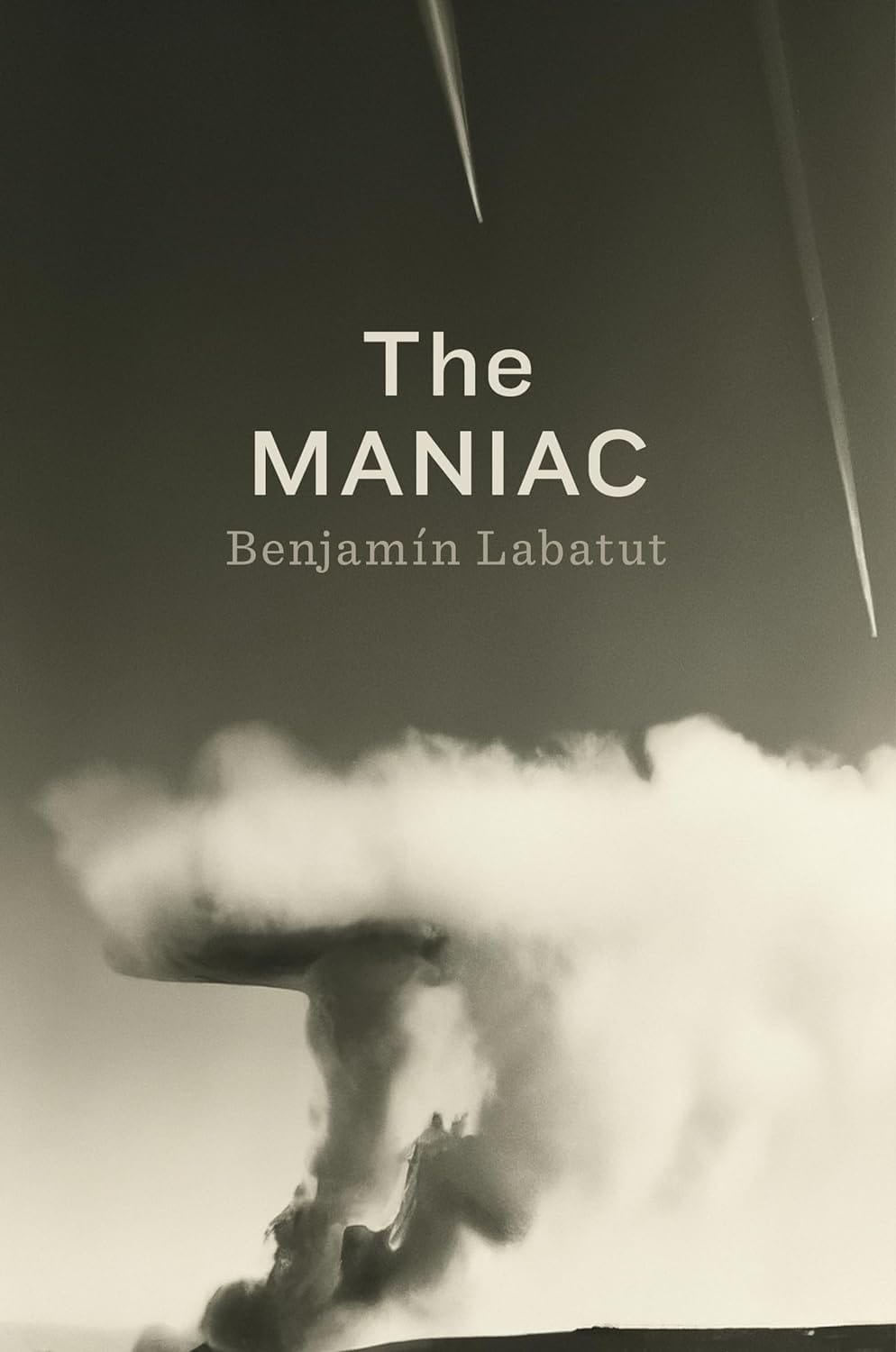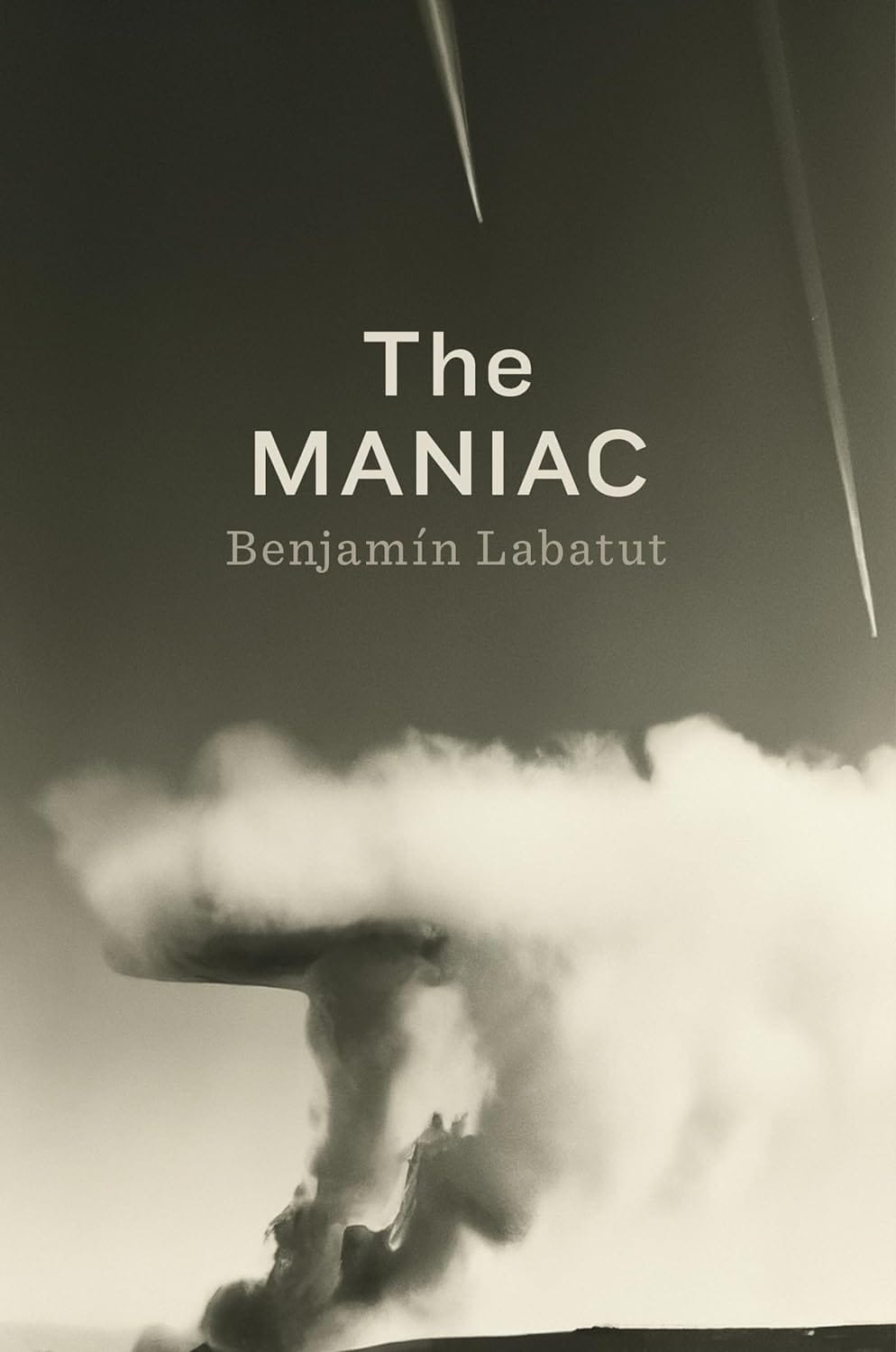Review of "The Maniac" by Benjamin Labatut

Benjamin Labatut's novel "The Maniac" is a multifaceted exploration of the impacts of technological and scientific advancements on humanity, told through a triptych narrative structure. Centering around John Von Neumann, an American-Hungarian polymath whose work significantly influenced modern computing and technology, the novel stitches together narratives that span historical epochs and intellectual discourses.
The first segment of the book revolves around Austrian physicist Paul Ehrenfest, illustrating his despair at the increasingly tyrannical forces of science and technology—a poignant beginning that sets a somber tone for the narrative. Transitioning to Von Neumann, the novel's longest section unfolds through multiple perspectives, offering a kaleidoscopic view of his life and work. This part particularly resonates with those familiar with the Manhattan Project and the development of the atomic bomb, as it includes interactions with other prominent scientists of the time at Los Alamos.
The third and final part projects the reader into the future, where the fictional confrontation between a South Korean Go master and the AI program AlphaGo symbolizes the ongoing and complex dialogue between human and artificial intelligences. This section not only ties back to Von Neumann's pioneering ideas on self-replicating machines but also challenges the reader to consider the philosophical and existential implications of AI.

Labatut excels in distilling complex scientific and mathematical concepts into accessible prose, making "The Maniac" an educational read without being overwhelming. The triptych structure effectively demonstrates the interconnected evolution of science and its dual capacity for wonder and horror. However, the novel's strength in delivering these intellectual and historical explorations comes at the expense of emotional depth. The reader might find themselves appreciating the intricacies of the narrative without feeling emotionally invested in the characters. The book often leans more towards a documentary style, presenting facts and biographical sketches rather than fostering a deeper connection with the individuals it portrays.
Moreover, for those already familiar with the historical events and figures mentioned, such as from the film "Oppenheimer" or the AlphaGo documentary, "The Maniac" might not offer new insights, potentially feeling redundant. It seems best suited for readers new to these topics, who will likely find the novel more enlightening and engaging.

The MANIAC
From one of contemporary literature’s most exciting new voices, a haunting story centered on the Hungarian polymath John von Neumann, tracing the impact of his singular legacy on the dreams and nightmares of the twentieth century and the nascent age of AI
"The Maniac" is a commendable work that brilliantly captures the spirit of scientific inquiry and its consequences. While it may not deeply stir the reader's emotions or introduce novel perspectives to those well-versed in related subjects, it succeeds as an intellectual reflection on the progression of science and technology.





